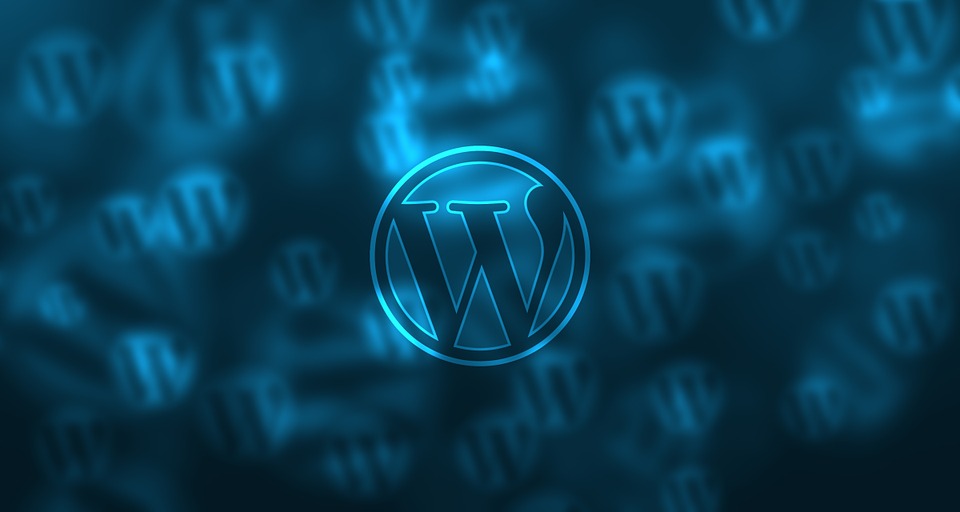WordPress is often touted as the most convenient and easy-to-use content management system (or CMS), and that’s true, especially when it comes to maintaining your website content. However, like any other CMS out there, there are certain responsibilities that you will need to meet as the website owner.
Contrary to what many people believe, a website running WordPress needs regular maintenance to ensure that all the installed plugins are up-to-date. However, even website owners who attempt to keep their plugins current still find it quite daunting to keep up with the unpredictable manner in which their updates are released. This is common with plugins, where bug and security fixes are done without prior notice. This is where managed WordPress hosting come in handy as it takes some pressure off website owners.
What’s managed WordPress web hosting?
By and large, managed WordPress hosting strives to take care of all the maintenance-related tasks that go along with running a WordPress site. Tasks such as updating WordPress plugins are done automatically, ensuring that your website is running the latest plugin versions. Other critical services such as security scans and daily backups may also be included.
Why go for managed hosting?
Besides automated security and plugin updates, managed hosting services are also optimized for sped. While you need to configure standard hosting services to run a wide range of apps, managed hosting is specifically configured to run WordPress. This implies that the operating system of the server is tweaked with the requirements and features of WordPress in mind. For instance, many managed WordPress hosting providers offer caching at the server level, which means that you will not be required to install and run a caching plugin. This leaves you with a faster website.
Some managed hosting providers also offer extra perks such as site migration services, premium WordPress themes, and technical support. All in all, managed WordPress hosting is meant to offer you a full-service experience when compared to conventional, DIY standard web hosting packages.
Like any other service out there, there are some downsides to this type of hosting that you should expect. For instance, the worry-free features of this type of hosting often come at a higher cost. Additionally, given that the goal of a managed hosting service is to offer you an all-in-one experience, you are likely to lose certain measure of control of your website management.
Bottom-line
Whether you want to move to a managed WordPress hosting boils down to a few factors: how you want to be involved in your day-to-day website management, the types of plugins you want to use, and whether you need a helping hand.





